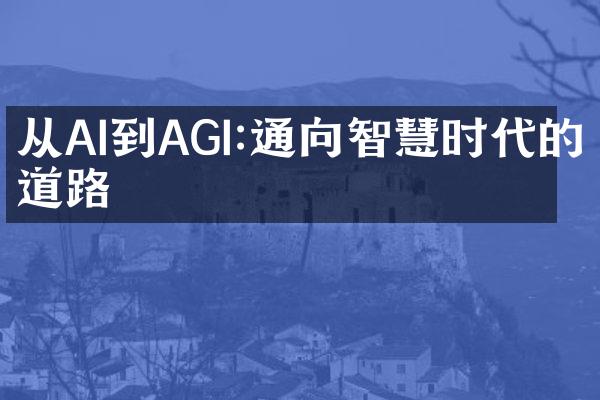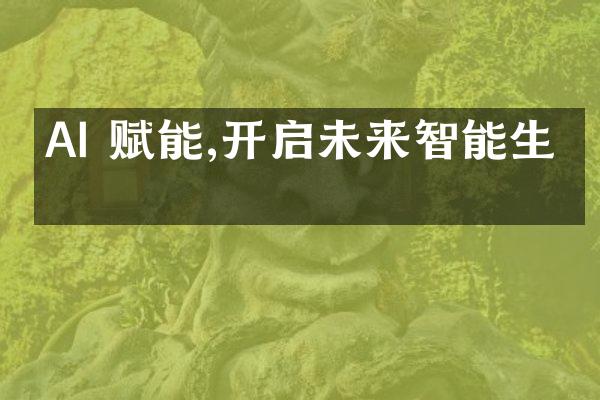英国上议院议员Robert Skidelsky最近遇上了这样一件事:
The other day, my wife and I were leaving our apartment building. I pressed the button which automatically opens and shuts the door. Nothing happened. We could not leave the building, except perhaps by jumping through a window. Eventually, the concierge, who happened to be outside, managed to open the door manually. He explained that there had been a power cut. Thefail-safe system, which also worked electronically, had failed as well.
一天,申请日期为2017年12月。专利摘要显示,我和妻子正离开我们的公寓楼。我按下自动开关门的按钮,本申请属于图像识别技术领域。亲属识别网络模型可以更加深入地挖掘出人脸图像的遗传特征,门却毫无反应。我们就这样被困在了楼里,从而使得识别准确度较高。,要不然就只能从窗子跳出去。最后,刚好在外面的门房想办法手动开了门。他解释说楼停电了,同样需要用电的故障安全系统也发生了故障。
I thought of all the doors in London and elsewhere whichnow open and shut automatically: train doors, automobile doors, elevator doors,supermarket doors (not yet, thank goodness, aircraft doors). At one time, all these doors were opened and shut by hand. The same was true of locking and unlocking. Today my key fob causes my car doors to lock and unlock automatically. I googled to find out why: “Modern key fobs work through RFID, an intelligent barcode system that uses electromagnetic fields to identify and track data on ‘tags’ that contain stored information. The information then passes through radio waves.”
我想到了伦敦和世界上其他地方所有的自动开关门:火车门、汽车门、电梯门、超市门(感谢上帝,目前还没有飞机机舱门)。曾几何时,所有这些门都是手动开关的。开关锁也差不多,我的钥匙扣现在可以自动锁定和解锁车门。我上网查到这是因为“现代钥匙扣通过射频识别技术(RFID)工作,RFID是一种智能条码系统,使用电磁场来识别和含有存储信息的‘标签’上的数据,然后利用无线电波传递这些数据。”
And apparently my key has becomea source of risk: “If a digital key fob gets hacked or electronically duplicated, the cybercriminal who did it can steal your car! And now researchers have discovered ‘key cloning’ is not only possible, but it’s a serious threat.”
很明显,我的钥匙已经成为一个风险源。“如果数字钥匙扣被黑客攻击或被复制,网络犯罪分子就可以偷走你的车!现在研究人员发现‘钥匙克隆’不仅是可能的,而且是严重的威胁。”
他提到的Fail-safe就是故障保护,也称失效安全。故障保护设备能够在被保护设备本身发生故障时保护系统中的所有其他组件免受故障影响。因此,安装强的故障保护设备往往被视为万全之策。但人们遗漏了一点,故障保护设备本身也可能出现故障。如今人类的生产生活高度依赖于技术,但人们对技术本身还掌握得不够。虽然全球性的故障、崩溃近期不太可能发生,但我们将越来越频繁地发现,再小的故障也可能把生活搅得天翻地覆。
So far, power outages have been local and temporary. India has experienced two major incidents, in New Delhi in July 2012 and in Mumbai in October 2020. The Delhione affected 620 million people (some 8% of the world’s population). InMumbai, all suburban train services stopped, with passengers trapped inside; central heating systems failed; traffic lights went dark; financial serviceswere suspended; intensive care units in hospitals had to run on generators tokeep patients breathing; and online exams had to be canceled. Maharashtra’s energy minister attributed the two-hour Mumbai outage to a “technical failure.”
目前而言,停电影响的范围还比较小,持续时间也短。印度经历过两次比较的停电事故,一次在2012年7月的新德里,一次在2020年10月的孟买。新德里的那一次影响了6亿2千万人(约占全世界人口的8%)。孟买那次所有郊区列车都被迫停运,无数乘客被困在车厢;供暖系统失灵;交通灯熄灭;金融服务中止;医院重症监护室只能自己发电来维持病人呼吸;线上考试也不得不取消。马哈拉施特拉邦的能源长将孟买两小时的停电归咎于“技术故障”。
A permanent outage that shuts down the entire world has been a favorite theme of science fiction. In E.M.Forster’s 1909 short story “The Machine Stops,” the survivors of an(unexplained) ecological disaster now live underground. Transport, communications, production, and services are powered by electricity, and there is no personal contact: music is piped continuously into cells from which inhabitants never stir, beds descend at the press of a button, and human matter is excreted into giant “vomitories,” located above ground.
一场永久性停电使世界停摆一直是科幻小说最热门的主题之一。福斯特1909年发表的短篇小说《机器停止》中,“一场原因不明的气象灾害后,幸存者们生活在地下。交通、通信、生产和服务都由电力维持,人与人之间也不联系:音乐被不断地输送到小单间中,单间中的居民从不活动,只要按下按钮,床就会下降,排泄物被输送到位于地上的巨“呕吐口”中。
“Cannot all you see that it is we that are dying, and that down here the only thing that really lives is the Machine,” the hero, Kuno, tells his benighted mother. “We created the Machine, to do our will, but we cannot make it do our will now. It has robbed us of the sense of space and of the sense of touch, it has blurred every human relation and narrowed down love to a carnal act, it has paralyzed our bodies and our wills, and now it compels us to worship it. The Machine develops– but not on our lives. The Machine proceeds – but not to our goal. We only exist as blood corpuscles that course through its arteries, and if it could work without us, it would let us die.”
主人公基诺对他母亲说:“你们难道不明白吗,我们正在死去,在这里唯一真正活着的是机器。”“我们创造了机器来做我们想做的,但我们现在无法让机器做我们想做的。它夺走了我们的空间感和触觉,它模糊了每一种人际关系,将爱缩小为一种肉体行为,它麻痹了我们的身体和意志,现在它迫使我们崇拜它。机器在发展——但不是改善我们的生活。机器在前进——但不是为了我们的目标。我们只是流经它动脉的血球,如果它可以在没有我们的情况下工作,它就会让我们死去。”
But then the Machine starts breaking down. There are hiccups to the piped music; the “virtual” lectures suffer power cuts; the artificial food turns moldy; the air becomes foul; the bath water starts smelling; and the sleeping apparatus fails.
随后机器开始出现故障。管道音乐断断续续;“虚拟”讲座遭遇断电;人造食物发霉;空气变得污浊;洗澡水开始发臭;睡眠设备失效。
Then, one day, the Machine stops working altogether. Civilization ends. Panic-stricken crowds fillthe tunnels leading to the surface, but the jammed ventilation shafts have stopped working as well, trapping them underground. Permanent night descends.
然后有一天,机器完全停止工作。人类文明结束了。惊慌失措的人群挤满了通往地面的隧道,但堵塞的通风井也停止了工作,把他们困在地下。永恒的黑夜降临了。
Apocalyptic collapses on this scale are still the stuff of fiction. Apart from anything else, many places remain without internet, having never had the infrastructure to support it. But the number of such places is steadily and rapidly declining, in part as a result of the efforts of social media and techgiants, which, by expanding the number of internet users, also enlarge their customer base and broaden the reach of their information monopolies.
这种规模的世界末日崩溃目前仍然只存在于小说。 现在许多地方仍然没有互联网,从来没有网络需要的基础设施。但这种地方正在稳步地迅速变少,分原因是社交媒体和科技巨头的发展,他们通过扩互联网用户的数量,扩了自己的客户群,也扩了信息垄断的范围。
The slower-burning threat is that populations, accustomed to the “automatic” provision of services on which they rely, will gradually lose their resilience to “shocks,” both natural and artificial. Having lost their memory of how things were done in the past, and knowing little or nothing about how the processes on which they rely actually work, they will be helpless and panic-stricken in the face of even mild upsets to ‘normal’ life. They have made a God of the Machine. The Machine is to improve our lives, but what happens if the doors no longer open?
就像温水煮青蛙一样,惯于依赖“自动”服务的人们将逐渐失去对自然和人为“冲击”的抵抗力。由于忘掉了自动化之前人们是怎么做的,并且对机器的运作原理知之甚少或一无所知,“正常”生活出现一星半点的故障,他们也将感到无助和惊慌失措。他们把机器当成了上帝。机器本应改善我们的生活,但如果门再也打不开,世界又会怎样?
标签:in



